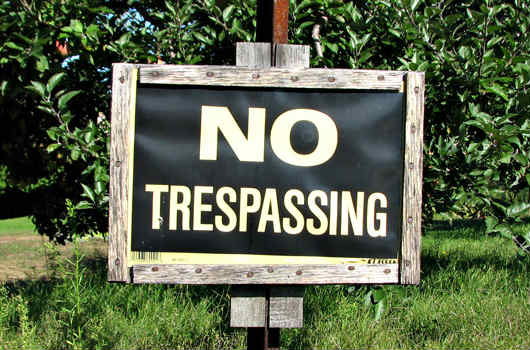There has been widespread confusion about the Unlawful Entry on Premises Bill, which is available for public comment until September 16. If approved, the Bill would replace the Trespass Act No 6 of 1959, which deals with trespassers on private property.
“I think it’s a question that a lot of people have had, if there’s a burglary and I’m acting in self-defence, what does this Bill mean for me? The reason why people are actually confused about that is because the bill gives you a duty to call the police the moment you notice there is someone who’s trespassing on your property,” said Tanveer Jeewa, LLD Candidate in Constitutional Property Law and Public Interest Lawyer.
Last week, a now-deleted video on TikTok suggested the Bill stripped South Africans of the right to self-defence. However, the Department of Justice (DoJ) said that the Unlawful Entry on Premises Bill only dealt with the offence of trespassing. It said the Bill made no changes to existing legislation regarding criminality or self-defence.
SMread: NGOs commemorate women of Sharpeville
Why the new Bill?
According to DoJ, the Unlawful Entry on Premises Bill sought to address shortcomings of the Trespass Act No 6 of 1959. It said the latter was an “outdated piece of legislation”.
“The new proposed Bill extends the remedies to combat trespassing beyond just land and buildings by providing a much wider definition of ‘premises’. The proposed Bill thus gives the owner or lawful occupier more protection than they had before,” Businesstech quoted the department as saying.
“The draft Bill makes it clear that a person who enters a premises without permission or a lawful reason is guilty of an offence. If the intruder does not leave the premises, the South African Police Service must assist to remove the person. If a person is found guilty of an offence in terms of the Bill, they can face a fine and/or imprisonment for a period of up to two years.”
SMread: Experts say property hijacking on the rise
Is there any difference?
“Not really,” said Jeewa. She explained that the Unlawful Entry on Premises Bill did not differ greatly from the existing legislation.
She said that although the Act was not overtly unconstitutional, it belonged to an era of oppression – during which it was exploited.
“It [Trespass Act No 6 of 1959] was enacted in 1959 which obviously was full-on during apartheid,” she said, adding that, “Iit’s important to note the history of the Trespass Act.”
“It was used daily, at some stage to arrest up to 6 000 people. The Trespass Act was put into
place specifically to stop Black people from moving into urban areas where they’re supposed to work. The moment you would try to go and you would step outside of your workplace, you will be immediately fined [or] sent to jail,” said Jeewa.
